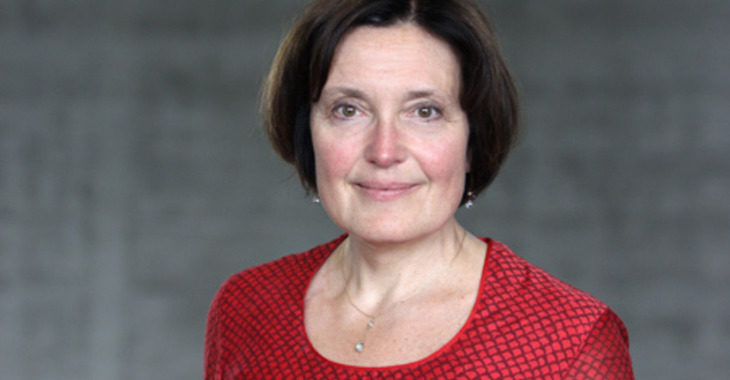Biologist Suzanne Eaton’s recent death has spurred conversations surrounding the safety of women inside and outside of scientific communities. This #WiSEWednesday CSHL Vice President Deborah “DeeDee” Rupert brings us a special tribute to the life of this amazing scientist.

Dr. Suzanne Eaton was an academic, principal investigator, and molecular biologist. Eaton trained at Brown University where she graduated with a bachelor’s of science in Biology and at the University of California in Los Angeles (UCLA) where she completed her doctorate in Microbiology under the direction of Dr. Kathryn Calame. Eaton received the Sydney C. Rittenberg Award for Distinguished Academic Achievement in Microbiology from the Association of Academic Women during her graduate studies and a predoctoral fellowship from the American Association of University Women (AAUW). She was also awarded a National Institutes of Health (NIH) National Research Service Award (NRSA) fellowship.
Following the completion of her PhD, Eaton pursued a diverse and unique regimen of advanced training which influenced her later investigations. She completed her first post-doctoral research training at the University of California San Francisco (UCSF) in the Department of Developmental Biology under the director of Dr. Tom Kornberg. She went on to complete a second post-doc at the European Molecular Biology Laboratory (EMBL) under the direction of Dr. Kai Simons.
Dr. Eaton established her own research group in 1999, focusing on developmental cellular biology and biophysics. She became a professor in the Department of Molecular Biology at the Max Planck Institute of Molecular Cell Biology and Genetics in Dresden Germany; she was a founding leader for this organization. She also served as a professor of developmental cellular biology at the Technische Universitat Dresden, also in Germany. The goal of the Eaton lab was to “investigating basic mechanisms of patterning and morphogenesis in epithelia – we use the developing wing of drosophila as a model system and apply genetic, cell biological and physical tools to its analysis.” Her lab’s primary research questions focused on the regulation of cellular metabolism and physical tissue properties (such as size, shape, and mechanical properties- strength, etc.) by morphogens. Eaton had an extensive publication history which included work in journals including Nature and Cell. Her work has over 6,600 citations to this day.
Dr. Eaton’s recent death has spurred conversations surrounding the safety of women inside and outside of scientific communities; Eaton was attacked, raped, and murdered while out for a run in the town of Chania in region of Crete, Greece. She was attending a scientific conference hosted by the Orthodox Academy at the time. Eaton is survived by her husband, two children, and numerous mentees.
In her honor, The Suzanne Eaton Fund has been recently established and will support a young scientist who wishes to explore and apply topics outside of their core area of interest much as Dr. Eaton’s unique training background influenced her own scientific work. Contributions to the Suzanne Eaton Fund are still being accepted at this time- visit: https://www.betterplace.org/en/projects/71780-suzanne-eaton-fund.
For further information on this remarkable woman, we recommend reading: “Suzanne Eaton: The beautiful logic of development” published in the 202(2) edition of the Journal of Cellular Biology in 2013 (https://www.ncbi.nlm.nih.gov/pmc/articles/PMC3718982/).
